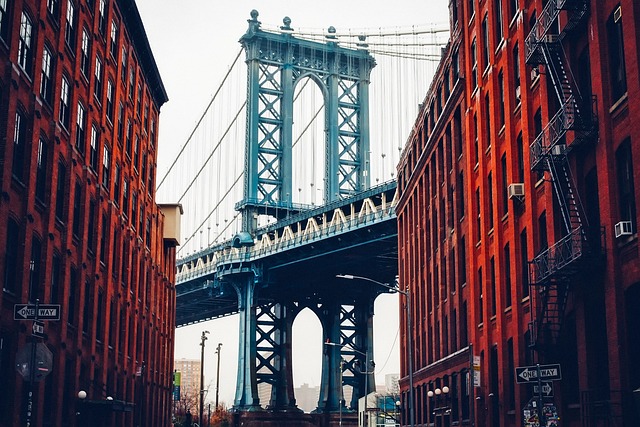Karachi, Pakistan's vibrant metropolis, boasts a diverse collection of historic mosques that showcase its rich cultural heritage. Tipu Sultan Road, a cultural hub, features these architectural marvels blending traditional and modern designs, reflecting the city's tapestry. Mosques like Tipu Sultan Mosque and Jamia Masjid attract locals and tourists alike, offering tranquil spaces amidst Karachi's bustling city life, and playing a pivotal role in fostering community bonds.
Karachi, a vibrant city steeped in history, boasts a rich tapestry of mosques that reflect its diverse cultural landscape. This article explores the historical context of mosques in Karachi, with a particular focus on Tipu Sultan Road—a bustling cultural hub teeming with architectural marvels. We’ll delve into the notable mosques lining this iconic street, highlighting their architectural significance and integral role within the local community. Discover how these sacred spaces not only serve as places of worship but also stand as testament to Karachi’s rich heritage.
- Historical Context of Mosques in Karachi
- Tipu Sultan Road: A Cultural Hub
- Notable Mosques Along Tipu Sultan Road
- Architectural Significance and Community Role
Historical Context of Mosques in Karachi
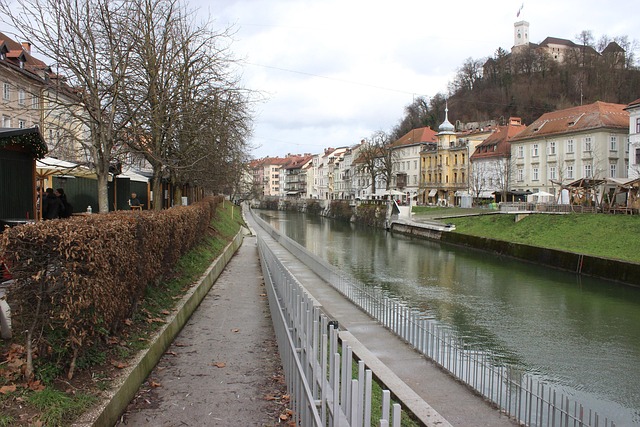
Karachi, Pakistan’s bustling metropolis, boasts a rich historical landscape dotted with iconic mosques that reflect its diverse cultural heritage. These houses of worship have played a pivotal role in shaping the city’s identity since its inception. Many of Karachi’s historic mosques were constructed during the colonial era, reflecting the architectural influences of the time, while others bear the mark of traditional Pakistani design.
The presence and evolution of mosques in Karachi offer a glimpse into the city’s transformation over centuries. As a vibrant and diverse community, Karachi’s Muslims have contributed significantly to the architectural diversity seen in these places of worship. This historical context not only adds spiritual significance but also serves as a cultural landmark, attracting both locals and tourists seeking to explore Karachi’s multifaceted heritage.
Tipu Sultan Road: A Cultural Hub
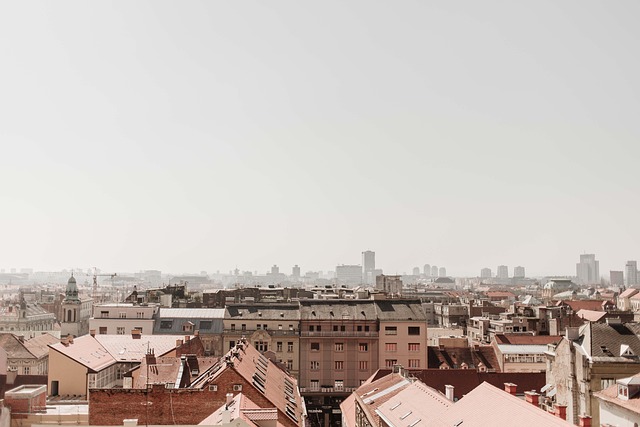
Tipu Sultan Road in Karachi is more than just a thoroughfare; it’s a vibrant cultural hub where history meets modernity. This bustling road, named after the legendary Tipu Sultan, is lined with architectural marvels, historic landmarks, and a rich tapestry of local life. It’s a place where folks from all walks of life gather, fostering a sense of community and enhancing the city’s diverse landscape.
The road’s cultural significance is undeniable, especially for those interested in Karachi’s heritage. Mosques, historical sites, and traditional markets create a labyrinthine symphony that whispers tales of the past. In today’s digital era, Tipu Sultan Road stands as a game-changer, revolutionizing local traditions while preserving its indelible history, making it a must-visit destination for both locals and tourists alike.
Notable Mosques Along Tipu Sultan Road
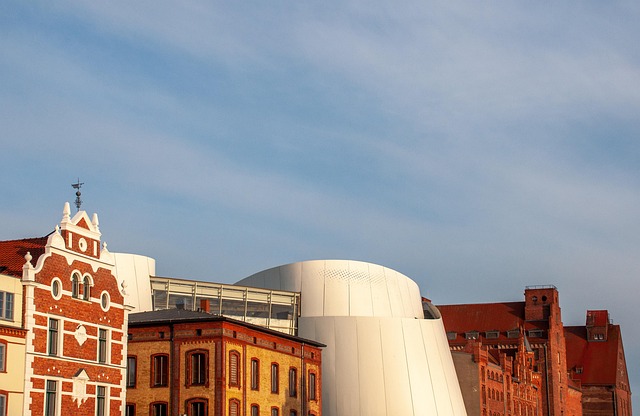
Karachi, known for its vibrant and diverse culture, is home to several remarkable mosques that dot its landscape. Among them, those located along Tipu Sultan Road stand out as architectural marvels and spiritual hubs. These mosques not only serve as places of worship but also act as cultural landmarks, reflecting the rich history and religious diversity of the city.
Notable among these is the Tipu Sultan Mosque, a grand structure that bears the name of the famous Mysore ruler. Its impressive design and intricate carvings make it a must-visit for both locals and tourists. Other notable mosques along this route include the Jamia Masjid, known for its massive size and beautiful interior, and smaller, more intimate prayer spaces that offer a sense of tranquility amidst the bustling city life.
Architectural Significance and Community Role
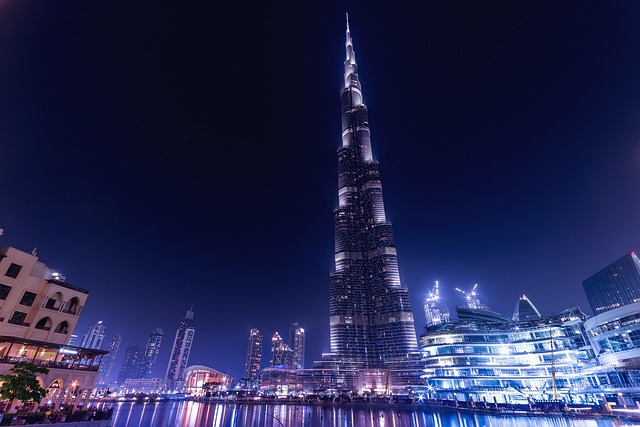
The mosques along Tipu Sultan Road in Karachi are more than just places of worship; they serve as architectural marvels and community centers, deeply intertwined with the city’s cultural fabric. These structures boast a unique blend of traditional and modern designs, reflecting the diverse influences that have shaped Karachi’s history. Their grand domes, intricate tile work, and towering minarets not only attract worshippers but also draw visitors interested in exploring the rich architectural heritage of the region.
Beyond their aesthetic appeal, these mosques play a pivotal role in fostering community bonds. They serve as gathering spaces where people from all walks of life come together for prayers, social events, and educational programs. The sense of camaraderie and shared spirituality that permeates these places strengthens the fabric of Karachi’s diverse society, making them vital landmarks not just for religious observance but also for communal harmony and cultural exchange in the bustling metropolis.
Karachi’s vibrant cultural landscape is intricately woven with the historical context of its mosques, and Tipu Sultan Road stands as a testament to this. The notable mosques along this route not only serve as architectural marvels but also play a pivotal role in the community, reflecting the rich heritage of the city. In light of their historical significance, these sacred structures continue to foster a sense of unity and spiritual connection among the folks of Karachi.
